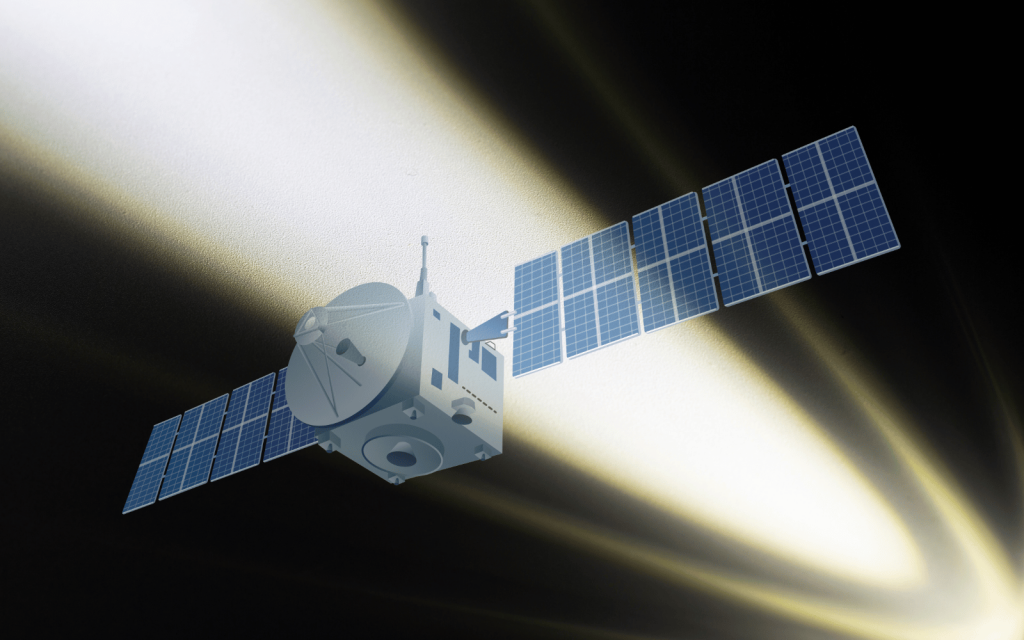Windows 8. Juicero. Any hardware made by Facebook/Meta. The blockchain. NFTs. Artificial intelligence. All are famous (but stupid) products that didn’t (or don’t) offer any real utility to customers. The next technology blunder? On-demand sunlight.
If you’re an investor sitting in a pitch meeting for Reflect Orbital, the company ‘attempting’ this, it has to sound cool as hell. The ability to call in sunlight on a darkened area of the world using nothing but a smartphone app? Incredible. Here’s a billion dollars. As a practical idea? Maybe that’s a stupid thing to invest in.
Stupidity in orbit
On the surface, Reflect Orbital might be on to something. The company has coverage on Vice. Company CEO Ben Nowack has posted a demo video on X claiming to show the “product” in action (probably using a balloon). But there are very few questions about how putting mirrors on satellites and using those to direct sunlight to darker parts of the planet (on demand) will work.
Satellites orbit at between 11,000km/h and 22,000km/h. The International Space Station zips around the Earth every 90 minutes. Getting an object at those speeds to focus on an object on the ground for any useful length of time is an engineering problem most wouldn’t want to tackle. Could Reflect Orbital opt for a geostationary satellite?
Sure, if they want to spend about $100 million per satellite, not counting the mirror and other proprietary gear needed to change its focus point. How much will the company charge for a few brief minutes of sunlight? That, Nowack isn’t saying. But it probably won’t cover the cost of launching and maintaining one satellite, let alone enough of them to make on-demand sunlight a useful concept.
Stupid investments
Plenty could be done with investor capital but it’s ultimately a stupid idea that will never get off the ground. Reflect Orbital reckons that it will launch its first mirror in 2025 and that some 30,000 potential users have signed up to give it a go. But that mirror will only direct light to a 5km area for a maximum of four minutes, assuming the company is capable of deploying a mirror to a useful height without breaking it.
It seems that achieving orbit with one of these mirrors is a problem that has yet to be tackled since that’s only “the next step” according to a video the company released earlier this year. At the moment, on-demand sunlight comprises hype for a product that a) nobody needs, b) won’t work as claimed, and c) even if it does, it’s still cheaper to achieve the company’s aims (widespread access to power?) in a less complicated fashion. It’s Juicero with satellites. Assuming Reflect Orbital even gets that far.
